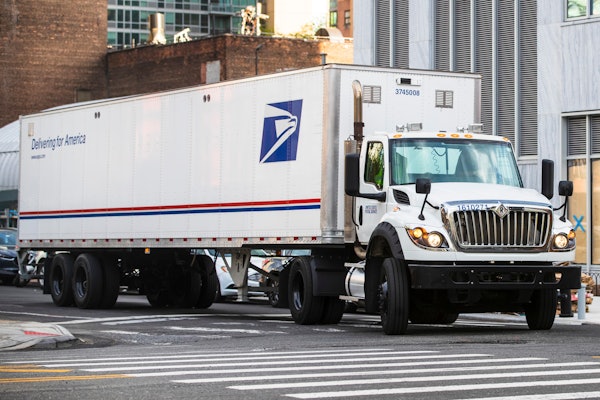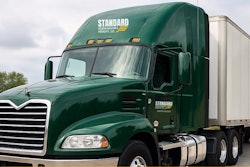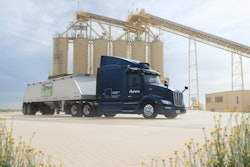A Canadian trucking operator in rural Nova Scotia without access to high-speed Internet fears changes to U.S. border regulations will cost her thousands of dollars, according to the Canadian Broadcasting Co.
As owner of G&B Williams Heavy Hauling in Barneys River, Beverly Williams faxes passenger and cargo manifests to American border officials before her trucks cross into the United States. But starting in January, U.S. Customs and Border Protection will start phasing in a new requirement for manifests to be e-mailed; the e-manifest regulations will come into effect across Canada.
“The location where I live, we have no access to high-speed Internet,” says Williams, who has been running the small trucking company with her husband since 1976. Barneys River is a small rural community in the north part of Nova Scotia. With a fax machine, sending the required forms takes only minutes, Williams told CBC News, but using a cumbersome dial-up connection will take six to eight hours per form.
Williams, who expects to spend thousands of dollars to hire extra staff to simply sit at the computer every day, told CBC News she has been asking Aliant and EastLink about providing high-speed Internet service to Barneys River. “The answer that I keep getting is there is no funding to put it in our area,” she told CBC News.
EastLink spokeswoman Paula Sibley told CBC News it’s just too expensive to put high-speed Internet in the region. “We have to look at the number of homes that are in the area, the number of individuals who are willing to subscribe to it, and at this point it would be very costly,” Sibley told CBC News.
Premier Rodney MacDonald has pledged to provide high-speed Internet access to all Nova Scotian households by 2010.






